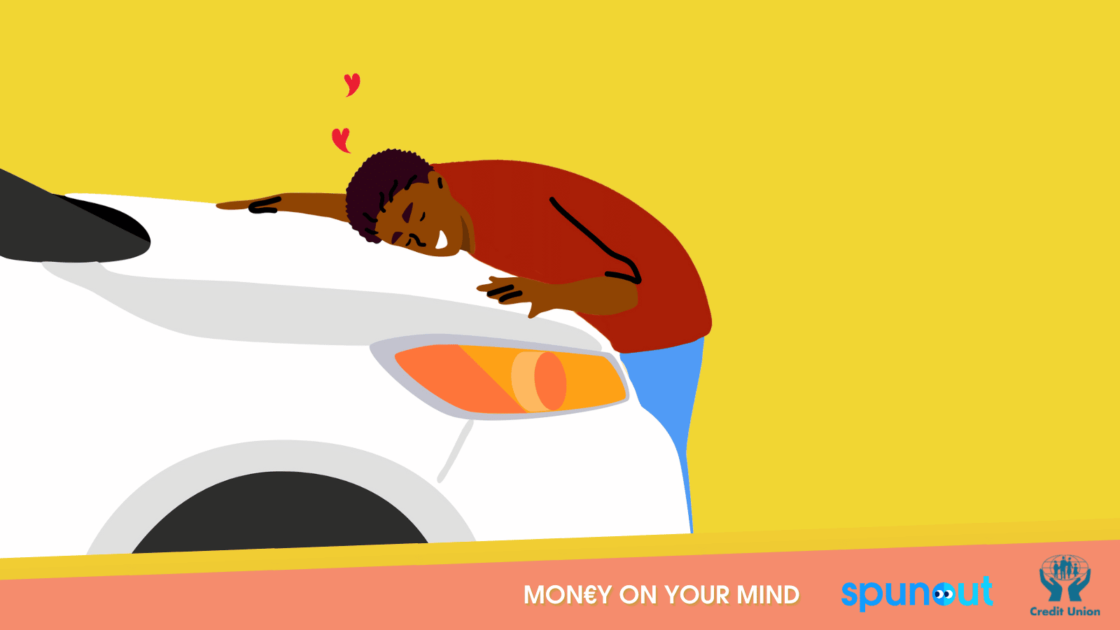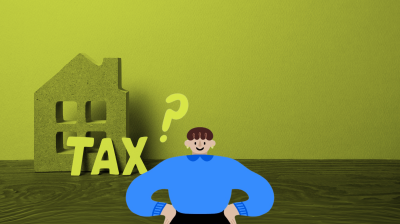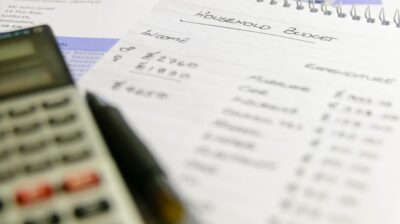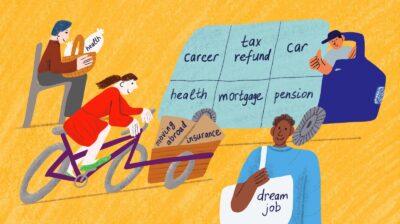How to get a loan
Before you get a loan, there are some questions you need to ask the lender

This article was developed in partnership with the Credit Union, a not-for-profit, community-owned financial institution.
Getting a loan can be really helpful when it comes to paying for the things that we need, but it’s really important that you know who you’re borrowing from, the terms of the loan, and the interest you will pay back.
How do I get a loan?
A loan is a sum of money that is borrowed and expected to be paid back over time. Each financial institution will have their own process for applying for a loan. However, it is usually easiest to get a loan from a place you have a history with, such as a bank or your local credit union.
If you don’t have a bank account, you can explore your options to open an account by visiting a branch or going online. If you are not a member of a credit union, you can become a member by dropping into your local credit union or, in many cases, by visiting their website. In most cases, you don’t need to be a member for any particular amount of time before applying for a loan.
To apply for a loan, you will need to fill in a loan form. You will usually need to give proof of employment or education, details of your income and proof of address. If you’re not sure what information you need to provide, ask someone at the bank or credit union.
How long does it take to get a loan?
The time it takes for a decision to be made on a loan application depends on your own circumstances and the lender that you applied with. Some lenders will tell you their decision within a few hours of applying, while others will take a few days. Once your application has been approved and you formally agree to accept the loan, you will usually receive the money within several days.
What happens if you are refused a loan?
If you are refused, it is generally because the lender believes that you will not be able to make the repayments or that you have too many other financial commitments. You may also be refused due to having a low credit score.
If this happens, you can contact the place where you applied for the loan and kindly ask for a list of reasons why your loan application was rejected. Ask if there is someone who can talk you through the issues and what you can do to resolve them.
Once you know why your loan was refused, you could consider contacting a service like the Money Advice and Budgeting Service (MABS) to talk about ways to improve your financial situation.
What factors do lenders consider when you apply for a loan?
When you apply for a loan, the lender will consider the following factors:
- Your income
- Your credit history (a record of your past borrowing and repayment practices)
- Any other loans you have
- The security of your job
- The amount of savings you have
- Whether you have a guarantor (a person who agrees to repay the loan in the event that you are unable to repay)
How do I check my credit history?
Your credit history is a record of your borrowing and repayment practices. It is usually held in a database. All lenders will check your credit history before giving you a loan.
If you are applying for a loan, it is a good idea to check your credit history before you apply. It can help you spot any missed payments or mistakes in your credit report. You can check out your own credit history by applying to the Central Credit Register.
Will I be charged interest on my loan?
If you get a loan from a financial institution, you will be charged interest on the money that you borrow. Interest is a charge you must pay to the lender that gave you the loan. You will need to pay this charge in addition to paying back the money that you borrowed. The amount of interest that you pay depends on the type of loan that you receive and where you get it from.
Fixed Rate vs Variable Rate
Your loan may have a fixed interest rate or a variable interest rate.
With a fixed interest rate loan, the interest rate stays the same until you have paid back the loan. This means if you borrow money with 5% interest, that rate will remain the same.
A variable interest rate loan is a loan where the interest rate can change over time. This means that for a certain period of time you could be paying 5% interest, but this could then increase or decrease based on factors such as changes to market conditions and the lender’s operational costs and practices.
Annual Percentage Rate
When you are trying to find the best value loan, look out for the Annual Percentage Rate (APR). Annual Percentage Rate (APR) is the total cost that you will have to pay for borrowing each year. The interest rate does not take into account any additional loan-related fees you might be charged. For example, some lenders will charge set-up/ origination fees for processing your application. As APR takes into account the interest rate and any fees like this, it gives a more accurate picture of the money you will need to repay.
You can use the APR to compare the cost of a loan with different lenders provided they are for the same amount and the same amount of time.
All lenders must tell you the interest rate on a loan as an APR before you take out a loan.
Need more information, advice or guidance?
We offer information, advice and guidance about the issues that matter to you. Our online Youth Information Chat service is for 16 to 25 year olds and is available Monday to Friday, 4pm to 8pm (excluding Bank Holidays).






